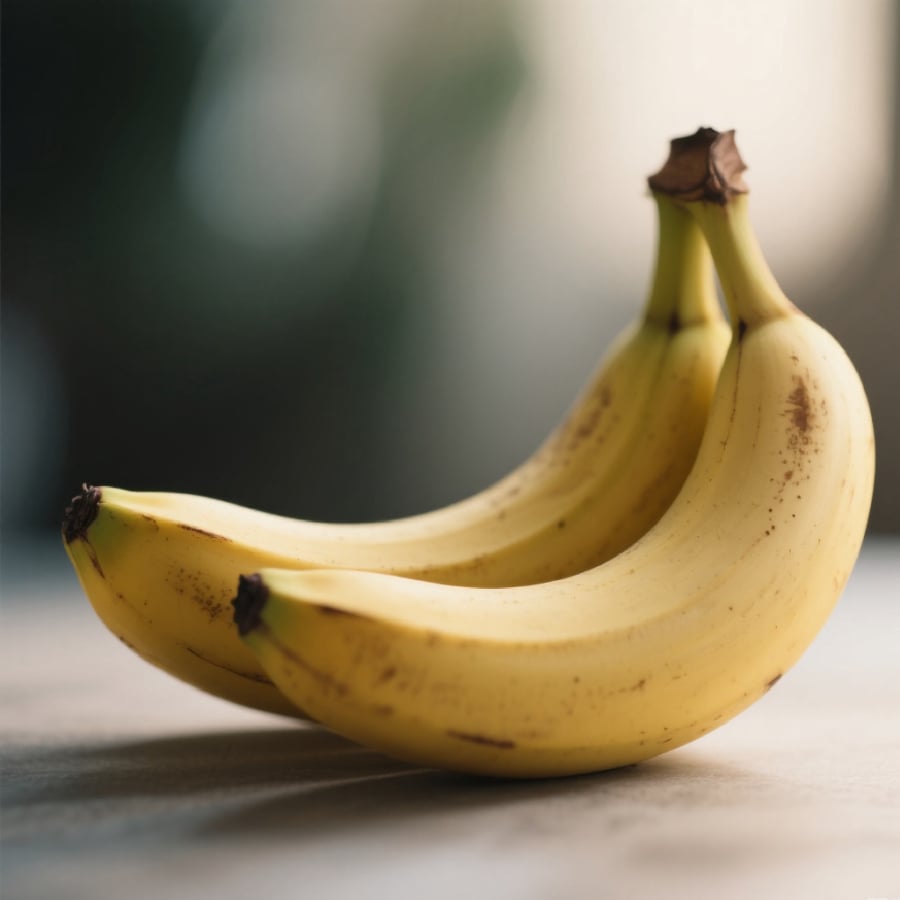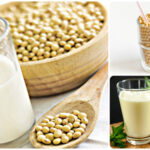Bananas are a popular fruit in Vietnam, available year-round and relatively inexpensive. Depending on the season, you can find different varieties such as banana, plantain, apple banana, and seedless banana. Each type has its unique flavor, but they are all highly nutritious. Whichever type you choose, your body will benefit from a range of essential nutrients.
Nutritional Value of Bananas
A medium-sized banana, weighing around 118 grams, provides 105 calories, 27 grams of carbohydrates, and 1.3 grams of protein. Bananas are particularly rich in potassium, with one serving providing about 422mg. Additionally, 100 grams of bananas contain 0.6 mg of iron and 8 mg of calcium. Bananas are also a good source of magnesium, folate, choline, vitamin C, and vitamins B1, B2, and PP.
As mentioned, a banana provides 27 grams of carbohydrates, including 3 grams of fiber and over 14 grams of natural sugar.
Bananas can be eaten either green or ripe. Green bananas are especially high in fiber, even higher than ripe ones. This is because green bananas contain resistant starch, which helps improve constipation and diarrhea. Resistant starch is beneficial for gut microbiota and can aid in weight loss.
On the other hand, ripe bananas (light yellow with a slight hint of green at the stem) contain more fiber and less carbs. These bananas are useful for blood sugar control. They offer similar benefits to green bananas, such as nourishing gut microbiota and improving digestion. At this stage, the sugar content is also not too high.
Fully ripe bananas have a bright yellow peel, with minimal to no brown spots. They offer a balance of starch and sugar, maximizing nutrients like potassium, vitamin B6, and antioxidants. Their sweetness and softness make them ideal for immediate consumption.
Overripe bananas are soft and have brown spots on the peel, but they haven’t turned mushy yet. At this stage, some resistant starch is lost, but they remain highly nutritious. Overripe bananas are perfect for making smoothies or baking.

Who Should Avoid Eating Bananas and Why?
Diabetes
Bananas are high in carbohydrates, with a medium-sized banana containing 26 grams of carbs. In contrast, diabetes experts recommend that individuals with diabetes limit their carb intake to about 15 grams per meal. Therefore, people with diabetes should avoid eating too many ripe bananas. It is advisable to consume a maximum of half a ripe banana per meal to prevent blood sugar spikes.
Kidney Disease
Individuals with kidney disease need to be cautious about their potassium intake. This condition impairs the body’s ability to eliminate excess potassium from the blood, and high potassium levels can lead to heart problems and even death. Due to their high potassium content, people with kidney disease should avoid bananas and consult their doctors for specific dietary advice.
Stomach Ulcers
Those suffering from stomach ulcers should refrain from consuming ripe banana varieties, especially on an empty stomach. Bananas contain high levels of pectin, which can increase stomach acid levels and exacerbate ulcer symptoms. Other types of bananas should also be avoided when hungry for the same reason.



































